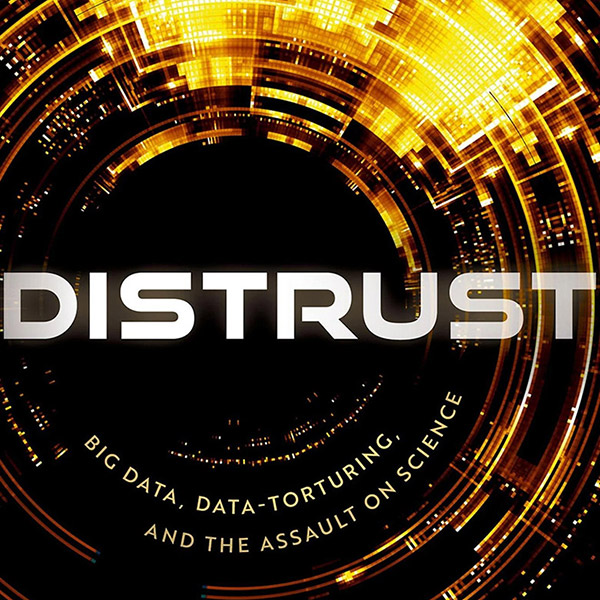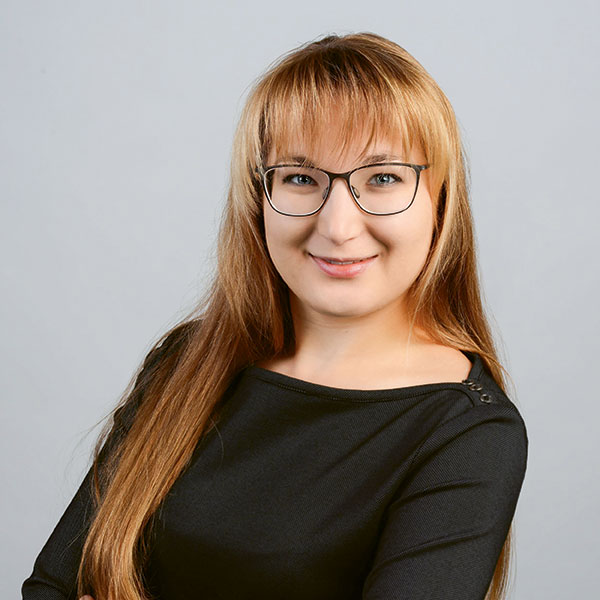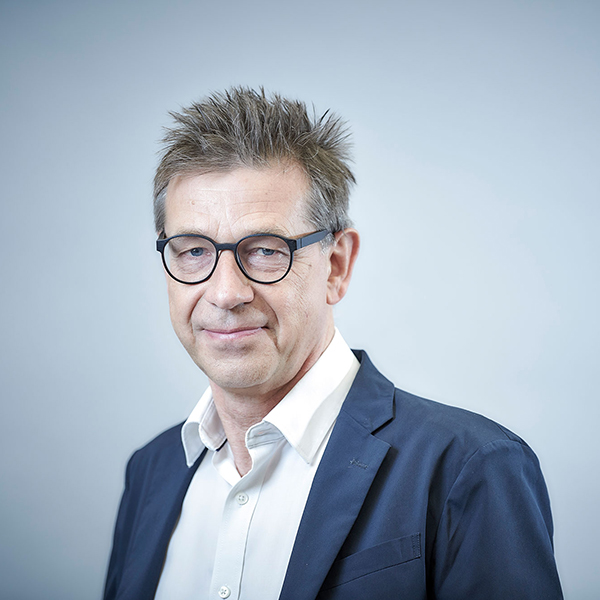Feature: How the cash flows
Inform, optimise, invest
Six Swiss fintech spin-off companies are trying to get established on the market. Their origins may be similar, but their goals are very different: ranging from money-making to sustainability, from developing business software to smartphone apps.
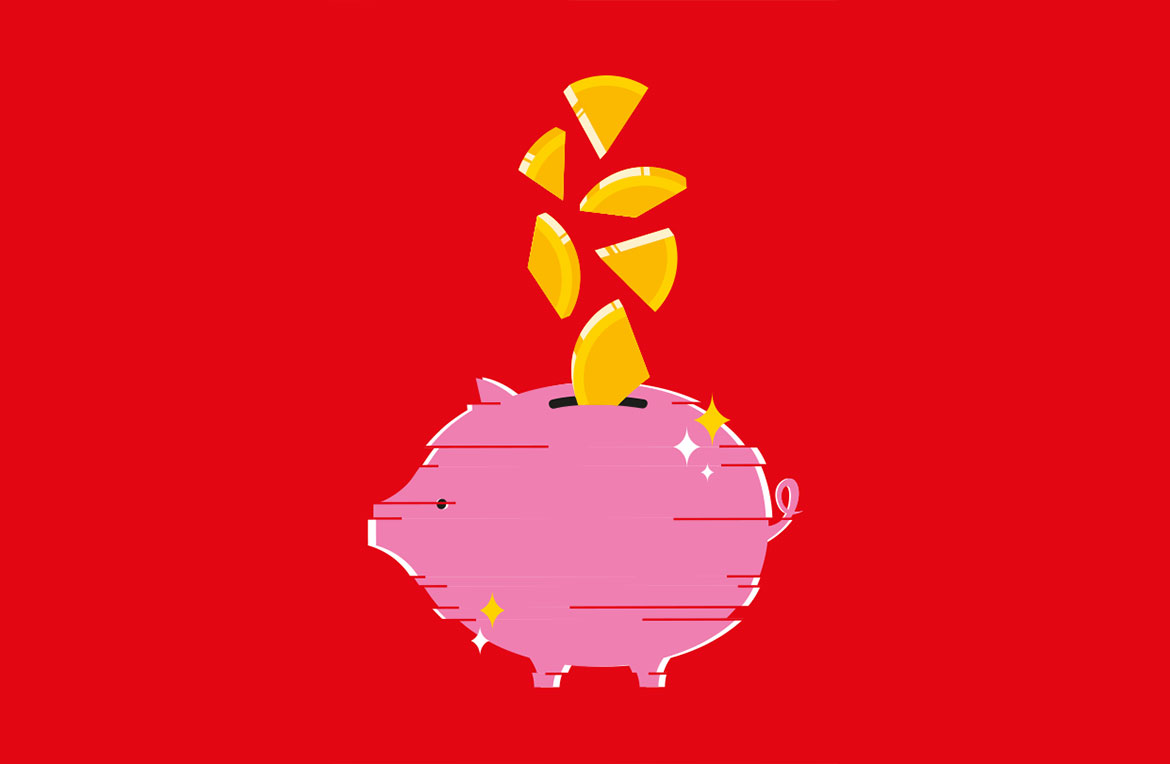
Round it up!
“Our clients have access to all investment solutions with their very first franc. This is how we break down barriers”, says Jan-Philip Schade. “We believe that everyone has the right to invest, and that it shouldn’t be reserved only for wealthy people”. To this end, Schade and three colleagues founded the fintech Kaspar&. Every time a payment is made with the Kaspar& credit card, the amount is rounded up to the next franc and this small change is invested automatically. Besides the credit card, clients get a bank account and an investment portfolio. “We invest the remainder according to one of our five investment strategies”, which range from ‘very cautious’ to a strategy involving only equity. Kaspar& insists that it makes its investments according to both the minimum corporate standards and environmental and social criteria. What’s more, customers can subscribe to further investment and savings objectives, either online or using an app, and manage them using standing orders or micro-investments. These also include a pension solution according to the Swiss ‘Pillar 3a’ scheme. The account and card are provided free of charge, but Kaspar& charges an annual fee of 0.85 percent on the assets under management.
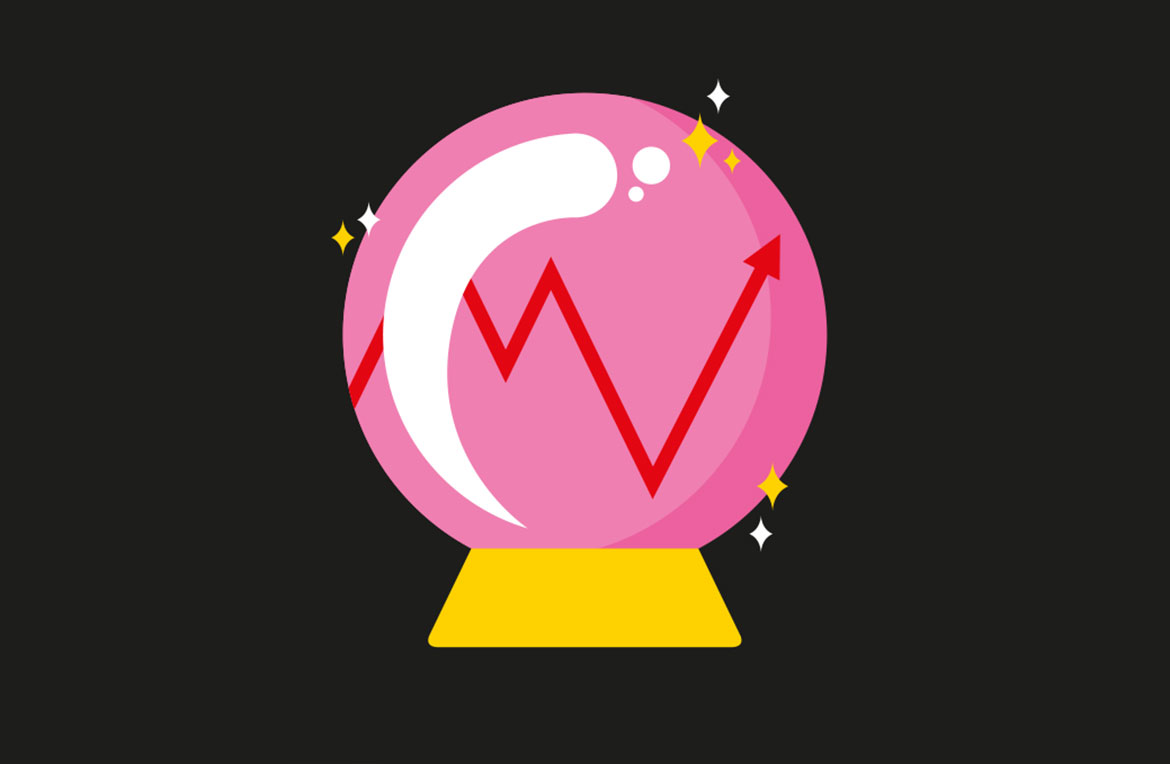
A seismograph for market fluctuations
“There’s no such thing as a free lunch”. This also means: you get no consistently positive returns on investment without risks. The Adaptivv team knows this too. All the same, its three founders promise the following: “We will protect our clients’ assets from major market crises better than with conventional methods”. Their ‘Adaptivv Sensor’, as they call it, is based on the freely accessible doctoral thesis of Tobias Setz. It offers a mathematical method that describes the probability of rising risks and falling prices. Felix Fernandez explains: “We are continuously measuring market risks and adjusting our portfolios accordingly”. If the sensor sounds the alarm – perhaps because prices in a market suddenly fluctuate more strongly, or because the returns achieved are far below expectations – then the company reallocates its investments. According to Fernandez, their start-up’s method works for stocks, foreign exchange, bonds, commodities and cryptocurrencies. On its website, the company uses the problems of Credit Suisse to demonstrate just how convinced they are of the accuracy of their technology. Their Adaptivv Sensor recognised the bank’s turbulence long before its price crashed. Adaptivv would thus have pulled out its investments very early on. This young company is currently taking the next steps, and since July 2023 it has had its own equity-based investment product on the market.

Money should work sustainably
Sveta Banerjee actually wanted to become a banker. But then the financial crisis shook the global markets in 2008, and robbed her of her convictions too. “I realised that I wanted to change the banking sector”. So she started looking into impact investing. “It’s not philanthropy”, she explains; “it’s about returns and scaling, like with traditional investments. But the money in question only flows into companies with positive social and environmental convictions”. In 2018, together with two partners, she founded Galileo, a non-profit information platform. Their goal was to organise events and workshops to inform people about impact investing. “Students, bankers, IT consultants: we’ve educated thousands of people who were looking for meaning in their careers”. In 2020, Banerjee also founded Impact Investing Solutions, which aims to support start-ups and companies as they engage in sustainable transformation. “For this, we produce a TV show that reaches some 860,000 viewers every month through different channels”, she says. The company now has an investor network with around 7,000 members. “With our help, we’ve thus far been able to facilitate about half a billion US dollars in investments”, says Banerjee.

No more expenses claims
In 2018, Devis Lussi was working for a global corporation and spent hours every month working on expenses reports. He thought there had to be a better way – and thus the idea for Yokoy was born. “Today, we offer a complete software solution for expenses management”, says Yokoy’s co-founder Philippe Sahli. Their spin-off brings together expenses, invoices and corporate credit-card management on a single platform. Then an AI checks all the input. “Our in-house AI lab is at the heart of it all”, says Sahli. For example, this AI can recognise when expenses entered don’t match the spending guidelines of the company in question. “With every receipt, our software learns more, and it’s better tomorrow than it was today”. Yokoy has clients all over the world, and recently managed roughly one billion US dollars. They now have over 250 employees working for them at six different locations, many of whom were recruited directly from Swiss universities. “They are a source of top talent”, says Sahli.

Greater sustainability through transparency
Lars Stauffenegger and Daniel Fink met when they were both on an exchange semester in Taiwan in 2020. They were united in a desire to democratise the financial world in the future. “The better informed investors are, the more likely they are to make sustainable investment decisions in line with their own principles”, says Stauffenegger. One year later, they joined up with co-founder Frederik Wetzel to launch Leafs. It’s a software-as-a-service company that wants to make not just risks transparent, but also – and above all – the environmental and social impact of an investment portfolio. The team hopes that if these data are processed in a comprehensible way, then more capital will flow into sustainable economic activities. “We would like to have a positive impact on the financial sector and on society as a whole”, says Fink. His company’s software explains to investors the risks of their investment for them personally, plus the possible impact on the environment and society as a whole. Leafs isn’t on the market yet. But according to Anna Vasileva, Head of Product: “We’ve already received positive feedback from asset managers who’ve been able to look at our solutions”. As of mid-2023, the Leafs team – now totalling nine people – is on a roadshow through Switzerland to present their software to potential clients.
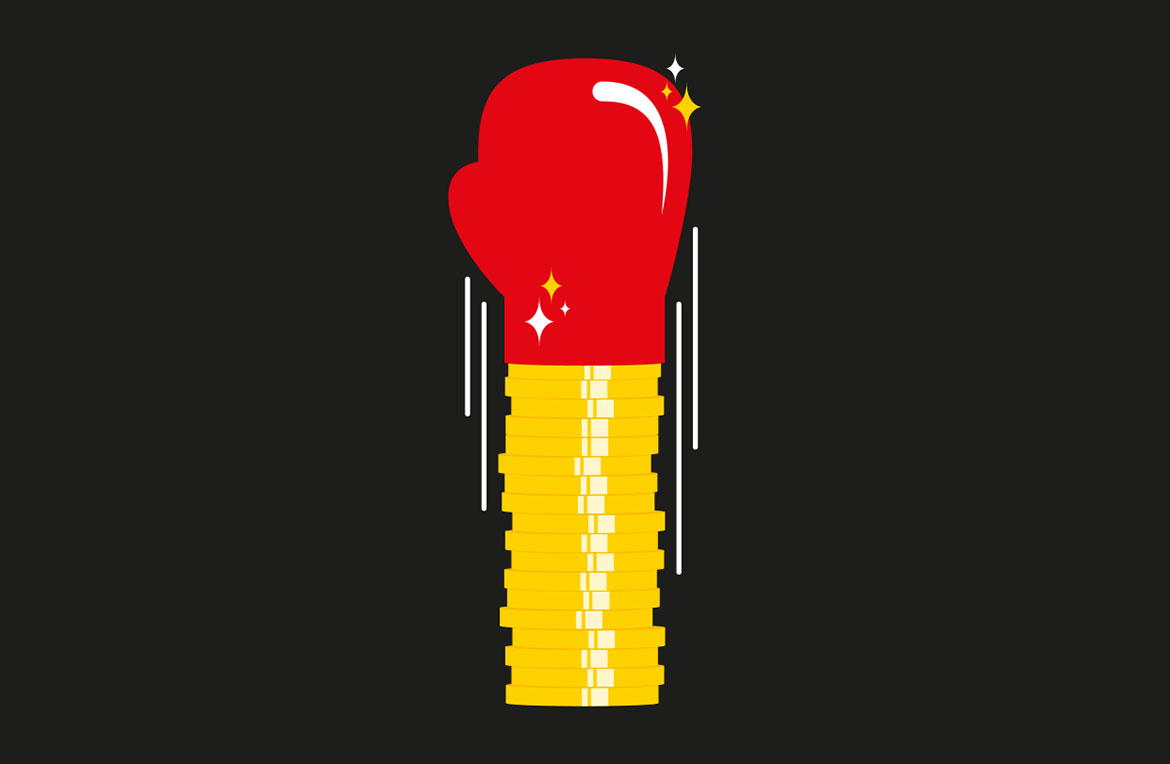
AI invests with the fittest
“We are the first company to enable people to invest using evolutionary finance theory”, says Marco Hoegger. At Aionite, everything revolves around the survival of the fittest. This start-up company is using investment strategies that are ‘evolutionarily superior’ – at least that’s the promise. It’s clever marketing, to be sure. But it’s also using a specially trained artificial intelligence. “It assesses and weighs up investment strategies and determines probable price movements”, says Hoegger. The AI also calculates the likelihood that a strategy will work. The higher the probability, the higher the investment made in it. Aionite invests money globally and very broadly: in indices, currencies, bonds and commodities. They bet on rising and falling prices and are therefore “theoretically well prepared for every phase in the market”. And they believe in their product: “We have invested all our assets in our strategy and are sitting in the same boat as our investors”, says Hoegger. Three years after being set up, Aionite is still closely linked to the University of Zurich, because Hoegger’s co-founder, Sandro Braun, works there as a researcher and a lecturer. This proximity also provides a pool of talent for joint projects.
Illustrations: Niels Blaesi

